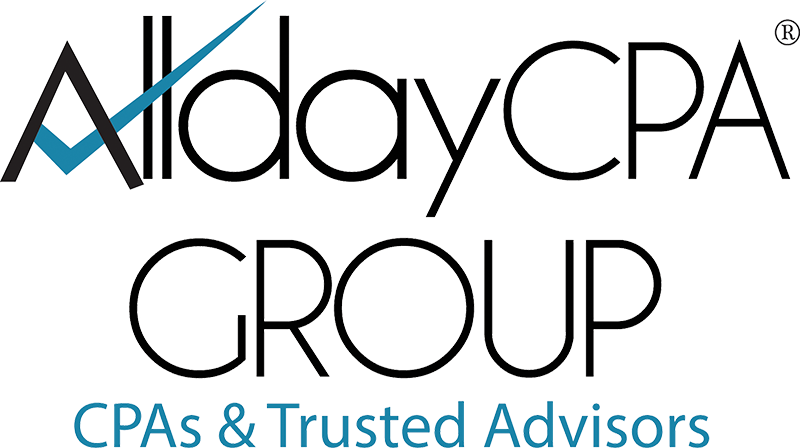QuickBooks Advanced Features
Discover how QuickBooks can help you navigate complex financial tasks
Dive into the powerful capabilities of QuickBooks Pro with our curated selection of advanced features. Each tool is designed to streamline your financial processes and provide deeper insights into your business operations.
🔍 Use Accounting Ratios to Stave Off Financial Problems
Keep your business on solid ground by using QuickBooks to track key accounting ratios, helping you identify potential financial issues early.
💡 Profit & Loss Report Versus Statement of Cash Flows
Understand the difference between these two essential financial reports in QuickBooks, and learn how they give you a clearer picture of your business’s profitability and cash position.
🚤 QuickBooks Helps You Navigate Tricky Waters
Leverage QuickBooks’ advanced features to guide your business through challenging times, ensuring you maintain financial stability and growth.
💼 Use QuickBooks Pro to Manage Your Business and Personal Checking Accounts
Simplify your finances by managing both personal and business accounts in QuickBooks Pro, keeping your financial information organized and easily accessible.
📦 How To Easily Track Your Inventory
QuickBooks offers powerful tools to help you monitor and manage your inventory levels, ensuring you always have the right products available when your customers need them.
💸 How to Take the Pain Out of Paying Your Bills
Streamline your bill-paying process with QuickBooks’ features designed to make tracking, scheduling, and paying bills easier than ever.
📉 4 Ways to Manage Prices in a Down Economy
QuickBooks provides strategies and tools to help you adjust prices smartly during economic downturns, keeping your business competitive and profitable.
⏰ Billing for Time and Expenses: How It Works
Discover how QuickBooks makes it easy to track and bill clients for time and expenses, ensuring you get paid accurately for all the work you do.
🏛️ Do You Need to Use QuickBooks’ Fixed Asset Tools?
Learn how QuickBooks can help you manage your fixed assets, from tracking purchases to calculating depreciation, and decide if it’s the right tool for your business.
🧾 Using Sales Receipts: When and How
Find out when it’s best to use sales receipts in QuickBooks and how they can simplify your sales tracking and record-keeping.
💰 What Are Payroll Items in QuickBooks?
Get to know the different payroll items in QuickBooks, such as salaries, wages, and benefits, to efficiently manage your payroll processes.
💵 Working with Checks in QuickBooks
QuickBooks makes handling checks easy, from writing to printing and recording, so you can manage your business finances effortlessly.
📄 What Sales Orders Are and When to Use Them
Understand the purpose of sales orders in QuickBooks and when they are the most effective way to manage your sales process.
🧾 All about Sales Receipts in QuickBooks
Sales receipts are a quick way to document sales and payment in one transaction—learn how to use them efficiently in QuickBooks.
📊 Creating Statement Charges in QuickBooks
Use statement charges in QuickBooks to bill customers for goods and services, streamlining your billing process.
💸 Paying Bills in QuickBooks
QuickBooks makes paying bills simple, helping you keep track of what’s due and ensuring timely payments to avoid late fees.
🔄 Bundling Items in QuickBooks? Build Assemblies
QuickBooks allows you to bundle items into assemblies, making it easy to sell and manage multiple products together as a single unit.
🔄 How to Create Credit Memos and Give Refunds in QuickBooks
Learn how to handle returns and issue refunds in QuickBooks, ensuring customer satisfaction and accurate financial records.
📊 Who Are Your Customers? QuickBooks Online Can Tell You
QuickBooks Online provides valuable insights into your customer base, helping you understand who your customers are and what they need.
Unlock the full potential of QuickBooks.
Explore these advanced features and discover how they can help you streamline your business operations and make informed decisions.
Before meeting with Danny, we recommend filling out our Client Needs Analysis form. This will help us better understand your challenges and provide personalized recommendations to address your unique goals.
Would you like to delve deeper into a specific feature or discuss how it can benefit your business?
